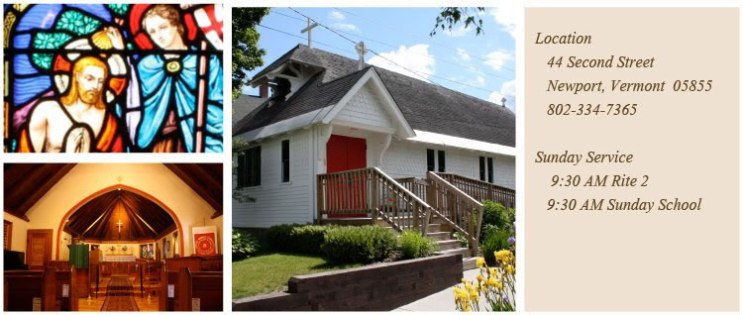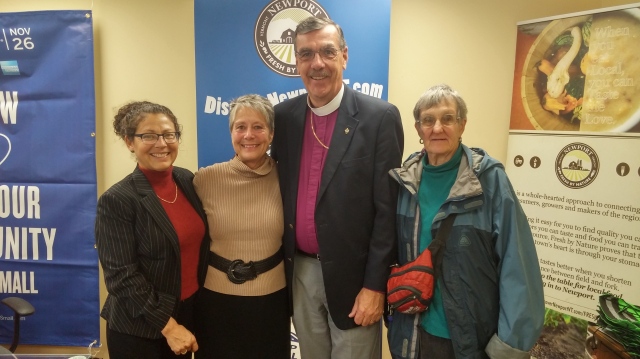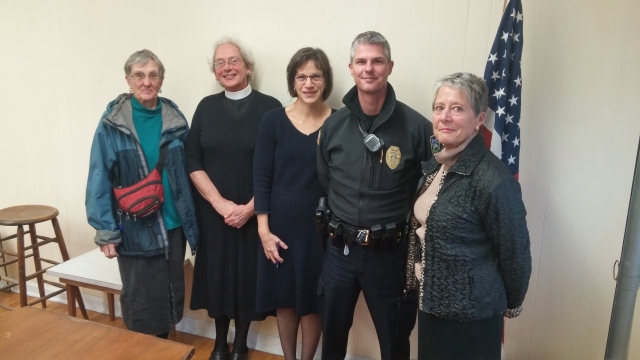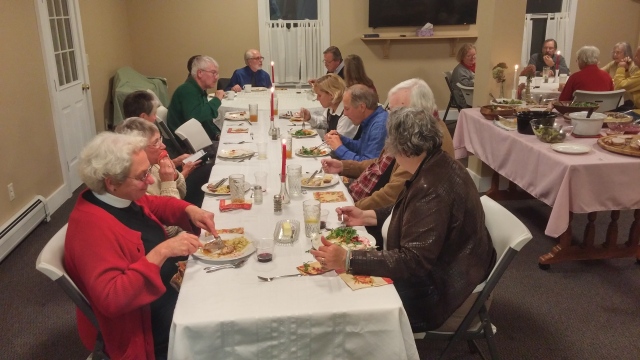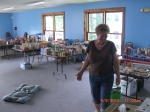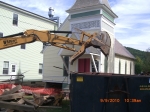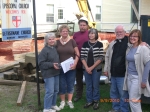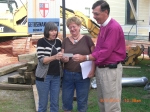A Post-Election Reflection November 11, 2016
On election day, I was away for a few days of R&R with some friends, following our terrific Diocesan Convention featuring the Reverend Becca Stevens and some of her colleagues from Thistle Farms. I had voted by absentee ballot before leaving.
Thankfully, I was with a bishop colleague and friend that evening, watching and listening to the election returns. Like many others I was surprised and baffled at what was unfolding before me. My colleague from a southern state, less so. He had a better sense of what the outcome might be, even if it was not the outcome he desired. I could not, or would not, even allow myself to imagine the outcome that we woke to the next morning.
When we woke to the official news of Donald Trump’s election as President, we were both trying to figure out the message of this election and what it means going forward. At such a time, I was very grateful to be with a friend and colleague from a different part of the country. Over the years, I have deeply appreciated his perspective on things, often different from mine, and I believe he would say the same thing about me and my perspective. The contexts of our ministries are very different and our respect for one another could not be any greater. There is strength in that.
Like so many others, we acknowledged that the bitter and divisive campaign was not likely to easily give way to a harmonious, cooperative and bipartisan spirit in our country over the course of the coming months, or even years. But I do take solace in the fact that we heard words calling for unity, healing and cooperation. Clearly, there is work to do if that call is to become more than words.
The theme of our Diocesan Convention this past weekend was “Love Heals,” and we were reminded repeatedly by Becca Stevens that in the end, love is the most powerful force for change in the world. I loved it when she called us to “practice loving the world every day.” For Christians, that practice of love is rooted in the great commandment to love God and neighbor. As followers of Jesus, we respond to his call to love one another as he loves us. For Episcopalians, it is part of our baptismal covenant to seek and serve Christ in all persons, loving our neighbors as ourselves. This radical love ethic is not a sentimental “feel good” love. It is “hard work” love of justice, compassion, peacemaking, truth-telling and reconciliation. It is about responsibility and accountability. It is about both the pastoral and prophetic dimensions of faith. Love does heal and the practice of love is the way of the cross and, for me, it is the way of life. It is the way of dignity.
Our country needs this healing love and it must begin fresh and fervent today; with me, with you, with us together. This election is over. The peaceful transition of power and responsibility that is a hallmark of our democracy is underway. Some are rejoicing, some are weeping. Some are delighted, some are angry. Some are joyful, some are fearful. Some are satisfied, some are disgusted. Some are shocked, some are validated.
As I pondered what might speak a word of hope to me on this day when I was feeling the division in our country so acutely, I found myself praying for a sign that would signal the start of a true and lasting movement toward healing. I found such a sign, but as I write these words, it is only in my imagination. The sign that I imagined is President Obama and President-elect Trump agreeing on a joint nomination for the vacant seat on the Supreme Court, a choice that both would support and call upon the members of the United States Senate and the American people to support, as well. Some will view this as wishful thinking at best, or an absurd fantasy at worst, but imagine what it would signal if it were to happen. I may need to settle for a less dramatic sign, but I will nonetheless look and hope and work and pray for many.
The Right Reverend Thomas C. Ely, Bishop
The Episcopal Church in Vermont

